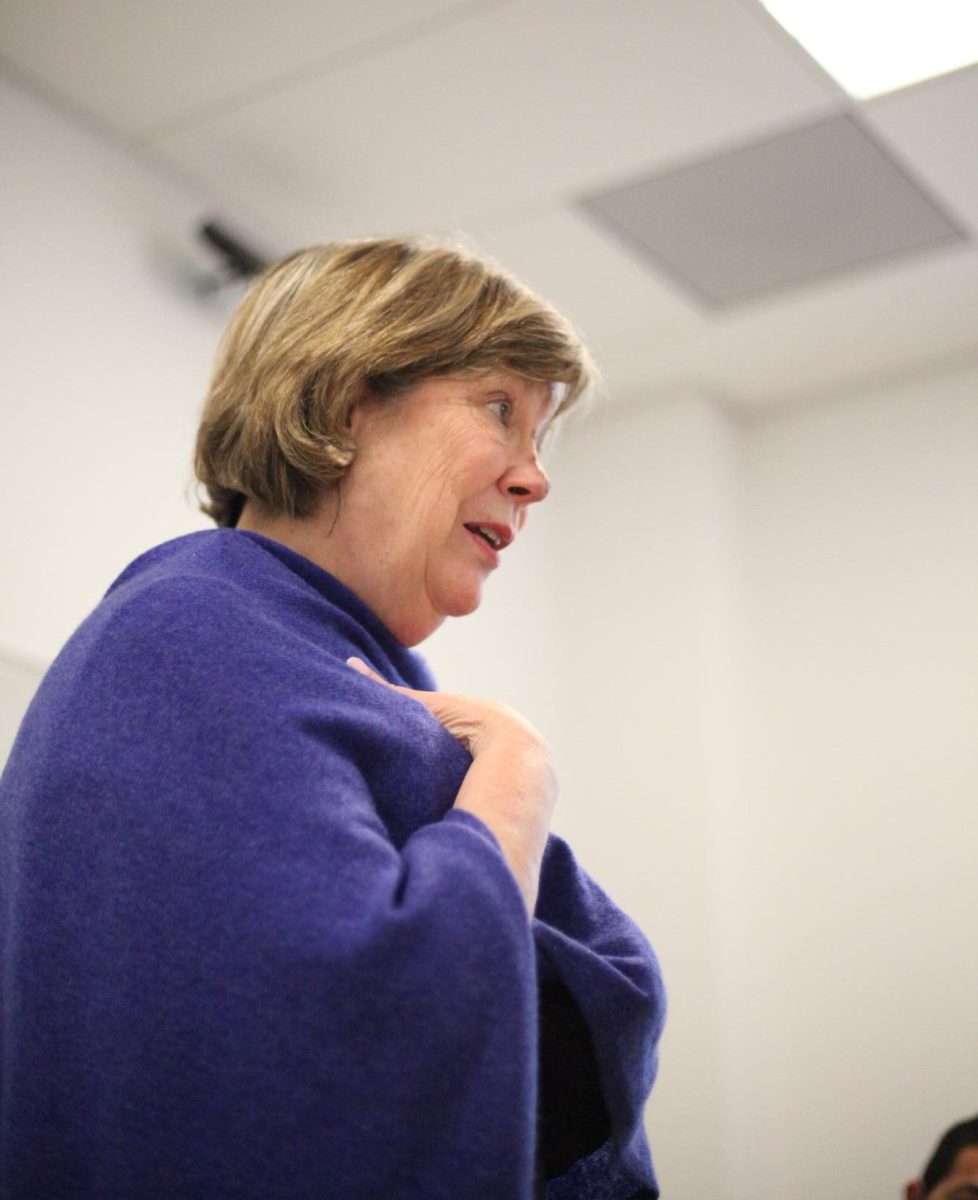Back in January, it seemed like 2020 was meant to be everyone’s year, but after a turbulent start, citizens of the world are finding themselves in the midst of a global health pan- demic. The coronavirus is often being compared to a more severe form of the flu, and with reports from Italy of nearly 800 deaths in one day, resources and supplies being low and an overall feel- ing of panic, The United States is preparing for a peak of unwell patients in hospitals. For colleges, this can mean many things: most universities have shut their doors and moved to online instruction for the remainder of the semester to hopefully slow the spread of the virus. According to journal- ism website ED Source, these closures have impacted 170,000 college students thus far.
Sonoma State University first announced that classes would continue online during spring break,causing a mixed reaction from students. Regard- less, doing so is safest for every- one’s health, since coronavirus is now reported to live in the air for up to 3 hours, accord- ing to CNN. When California first went into lockdown, most residents were anxious and confused. The term social distancing was then brought up, prompting even more questions. This did not stop people from continuing their vacations, get-togethers, and most notably, their spring break.
A plethora of news sources reported on the city of Miami being flooded with college-age spring breakers with no intention of social distancing. The city is known for its over-the-top nightlife, and is a popular desti- nation for parties and vacations.
Memes spread on social media discussing low ticket prices, and suggesting that it is the best time to travel, since flights are so cheap and there are not many people in airports. Even though to some these events and posts might be lighthearted and fun- ny, young people, especially those who are healthy with no history of underlying medical conditions, might have little to no symptoms if they get sick, but will continue to spread the virus to others. As of Monday Florida has 1,000 active cases of the virus according to WSVN, with Miami being a hotspot.
Just because a young, healthy person is not visibly ill does not mean that that they can’t pass it to others who might contract a severe or even fatal case. This goes for our own larger college community, too. Many staff and students are immuno-compromised, and with such cramped classrooms even a small college like SSU could easily become a breed- ing ground for the virus. These worries have added even more stress to college students, lead- ing to anxiety surrounding their health and hygiene and dis- appointment due to canceled events like commencement.
Students and young people have also been expressing their boredom while stuck at home- -many were forced to return to their parent’s residence which can cause tension and family related stress. Many find peace in distractions like going out and seeing friends, and these things are also not suggested, there- fore leaving most people alone with little to do. Sitting around all day can lead to even more anxiety–social media and news
outlets are constantly popping out stories about the virus and its death toll. With nothing else to do, individuals might feel consumed by the madness.
Though it is frustrating that such large events are canceled or being moved back, doing so will be beneficial for all. Con- certs, festivals, shows and other affairs that involve large crowds could easily spread coronavirus. Being stuck at home is not fun for most, but has its purpose. Everyone should remember that the shelter in place exists for a reason: to keep Americans safe and isolated, and to hopefully slow the spread of the virus so that hospitals are not over- whelmed with patients. Even though things seem unreal right now, California is expecting its peak in the upcoming weeks, and what comes up must come down. People can manage their stress through things likedigital entertainment, exercise, creativity, spending time with family, and picking up new hobbies.
Turning off most social media or news notifications can be beneficial to one’s stress levels, as well as focusing on the positive and good things happening in the world. Some say that what we consume and surround ourselves with is what we become–constant news updates and clickbait articles will only worsen anxiety, and though it’s easier said than done, trying to limit stressors like the news will positively impact your quarantine experience. The world has seen sickness and seen health, and we have survived 100% of our toughest, scariest days, and will continue to do so, even with the uncertainty of the virus.


































